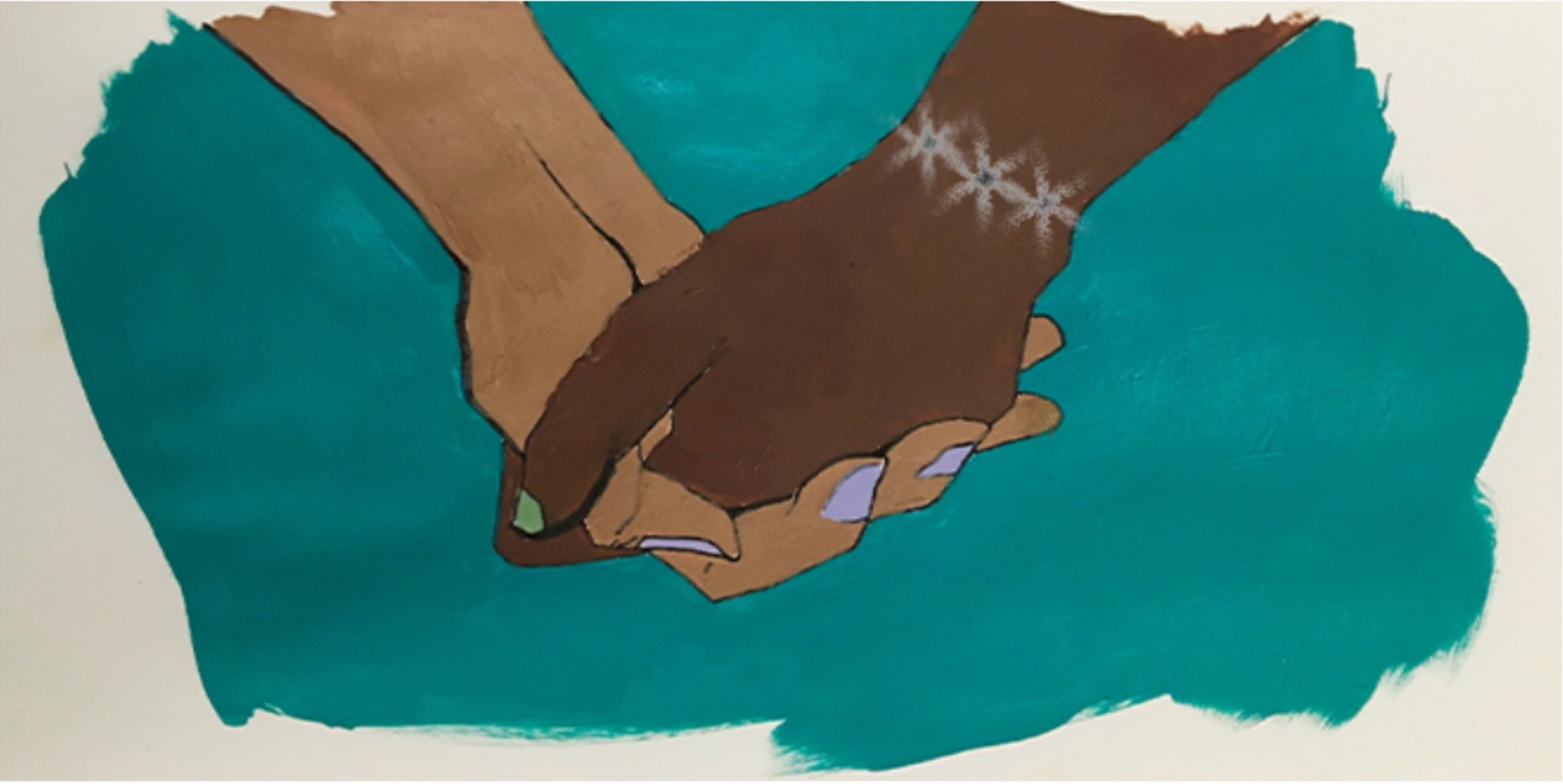The Color of Lawlessness: Deconstructing Sexual Assault in Communities of Color

Image by Marion Moseley
Bruin Consent Coalition (BCC) conducted a workshop in the African Diaspora floor of Rieber Hall 4 North on April 18 as part of Sexual Assault Awareness Month. The presentation was called “The Color of Lawlessness” and explored the relationship between the law and sexual assault in communities of color. The workshop was part of efforts to create more intersectional spaces to discuss sexual assault. BCC general member Chloe Pan and one of the residential assistants on 4 North, Jabril Muhammad, lead the workshop.
Pan and Muhammad opened up the workshop with a common ground activity. They read a few statements out loud, regarding one’s bodily safety and ability to practice self care and asked the attendees to clap if they resonated with the statement. They then moved on to show the trailer of “13th”, a documentary capturing the rise of Donald Trump. Workshop attendees commented on the framework of American law and how it makes many people of color feel unsafe, especially because much of police brutality directed at bodies of people of color was lawful until a few decades ago.
The conversation moved to stereotypes, and how it feeds into policing the bodies of women of color. Some attendees spoke about the frustration of being seen as loud and angry women of color when simply expressing their opinion. The exploitation women of color was also discussed. In particular, participants touched upon the fetishization of women of color—by creating a narrative painting them being promiscuous and immoral, and how that justifies, in the non-POC mind, an assault on people of color.
Barriers faced by female survivors of color were also discussed in the presentation. These included a lack of trust in the police, a fear of giving confirmation bias to those outside the community, and normalization of sexual violence in communities of color. A participant who identified as a Black Muslim woman also mentioned how in her community, wearing a hijab automatically labelled one as too modest to be assaulted . Another participant mentioned how the concept of marital rape did not exist in many communities of color because once married, the wife is considered to “owe” the man sex.
The workshop ended on a positive note, with the organizers reminding participants to practice self-care and provided numbers to resources such as Counseling and Psychological Services (CAPS) and the Santa Monica Rape Treatment Centre. “The workshop was an attempt to begin a process of introspection — of how race informs gender.” Facilitator Jabril Muhammad also said: “I hope this workshop planted the seeds of activism for some of the people here, and they continue to think about some of the topics we discussed.”




